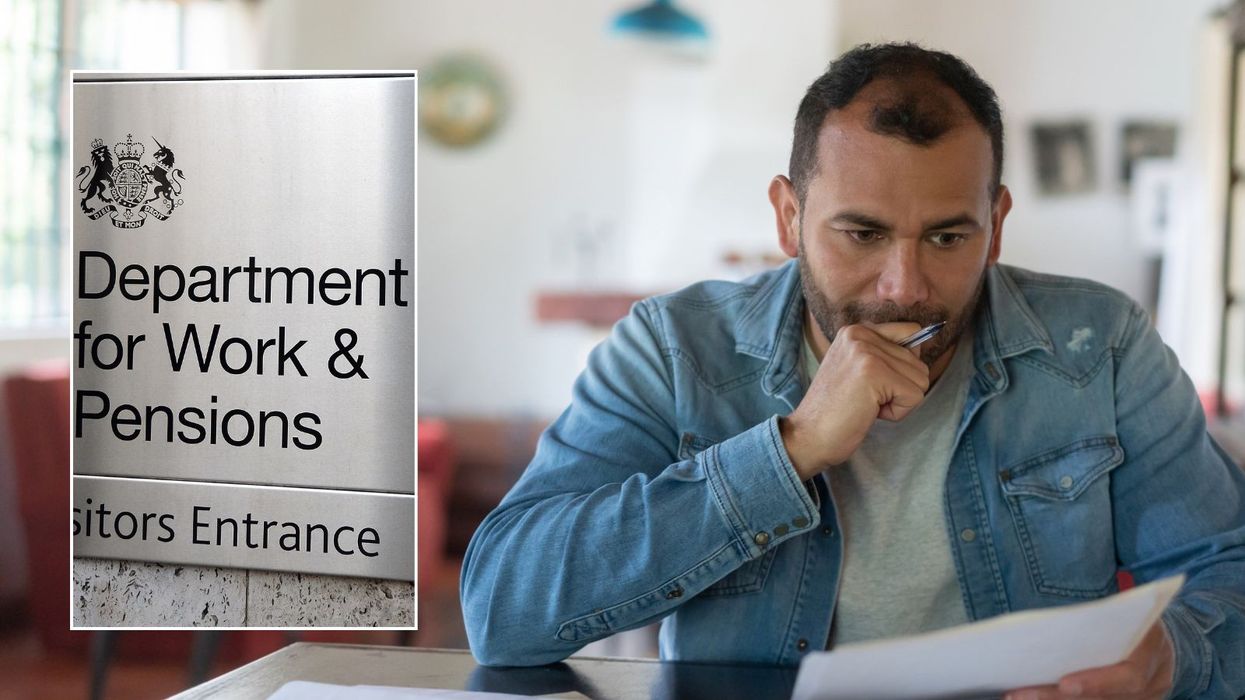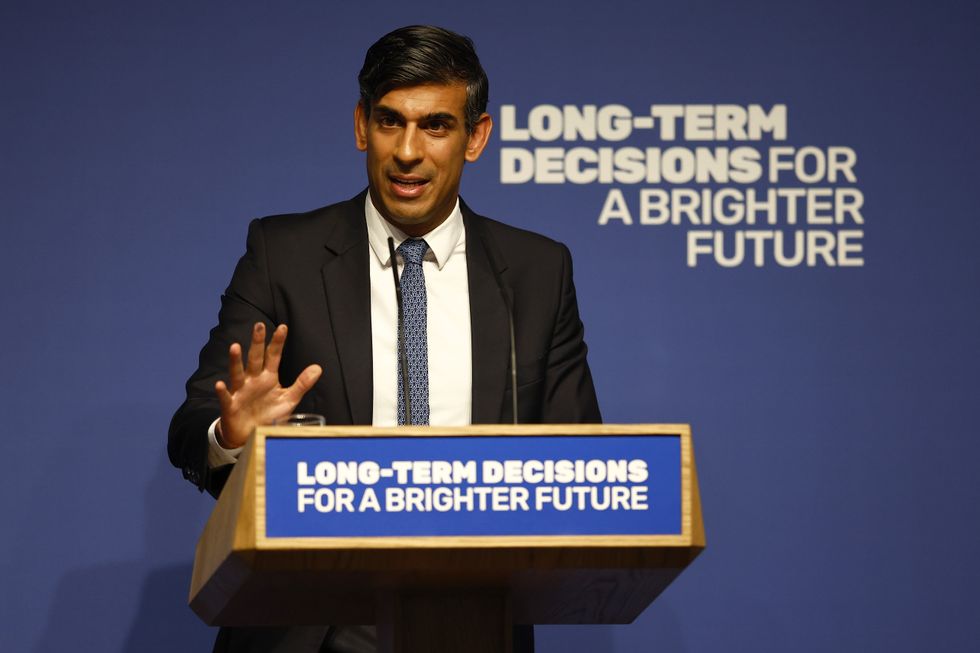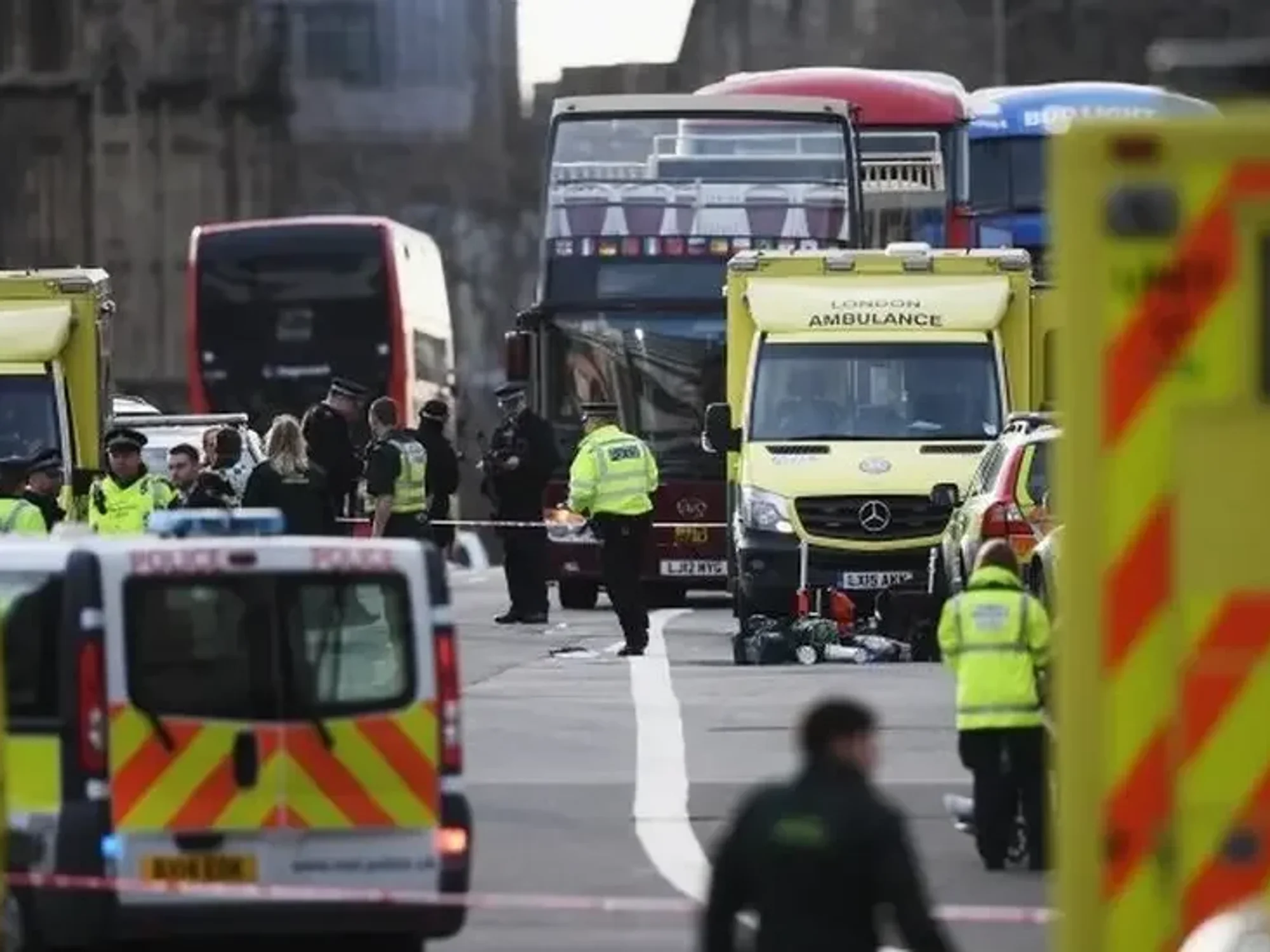Families losing £2,000 a year to 'two-child' DWP benefit cap - but Tories and Labour keeping policy

Britons are losing money to the cap on benefits for families with more than two children
|GETTY

Both main political parties have promised to keep the controversial DWP policy in place which affects those on Universal Credit
Don't Miss
Most Read
Latest
Low-income families are losing nearly £2,000 a year from the "two-child" benefit cap put in place by the Department for Work and Pensions (DWP), according to new research.
Experts have claimed scrapped the policy could pull 250,000 children out of poverty but both Labour and the Conservative Party have said it remain in place for the foreseeable future.
The Women's Budget Group (WBG) has published an analysis on the impact of benefit cuts since 2010 forecast to 2027/28 based on pre-election Government spending plans and is shining new light on how households are struggling with the cost of living.
According to the non-profit organisation, sole parents are losing an average of £6,992 annually due to a clampdown on the benefits system, which has impacted those in receipt of Universal Credit.
This loss translates to an 18 per cent reduction in a claimant's baseline income at a time of high inflation and interest rates.
In comparison, couples with children are losing an average of £2,262 per year compared to couples with no children.
Do you have a money story you’d like to share? Get in touch by emailing money@gbnews.uk.

Rishi Sunak has set out tougher benefit rules
| PAFamilies with three or more children are seeing a loss of £5,962 in income on average in a devastating blow to households already struggling with soaring costs.
However, £1,838 of this amount corresponds to the loss of the "two-child" benefit cap specifically which means benefit claimants are almost £2,000 out of pocket thanks to this policy.
Dr Zubaida Haque, the WBG's head of Research and Policy and deputy director, broke down why she believes Labour and the Tories should review their pledge to keep the "two-child" benefit cap.
She explained: "Households with children, especially those with three children or more are the ones most harmed by social security cuts since 2010.
"It is shocking that successive Governments since 2010 have chosen to penalise children through the two-child limit on benefits, one of the key drivers of child poverty. They have also chosen to further penalise low-income households who were already struggling financially, including disabled people.
"If the next Government is serious about tackling child poverty and addressing persistent inequalities, it must repair and reform the social security system. This starts with scrapping punitive and cruel sanctions and restoring the real value of benefits."
Ahead of the General Election on July 4, the WBG is urging the future Government to abolish the "two-child" benefit cap to mitigate child poverty.
Furthermore, the feminist group is pushing for changes to Universal Credit, including ending the five-week initial wait for payments and introducing a second-earner work allowance.
What is the "two-child" benefit cap?
Introduced by the Conservative Party in 2017, this DWP policy restricts support on Universal Credit and tax credits for families with more than two children.
Research conducted by the Child Poverty Action Group found the societal and economic effects of the restriction cost the UK £39billion every year.
LATEST DEVELOPMENTS:
In April, Prime Minster Rishi Sunak promised to keep the benefit cap despite receiving pushback from his former Home Secretary Suella Braverman.
A Government spokesperson told GB News: "There are 1.1 million fewer people living in absolute poverty compared to 2010, including 100,000 children and our £108bn cost of living support package prevented 1.3 million people falling into poverty in 2022/23.
"Children are five times less likely to experience poverty if they are living in a household where all adults work compared to those in workless households."
GB News has contacted the Labour Party for comment.










